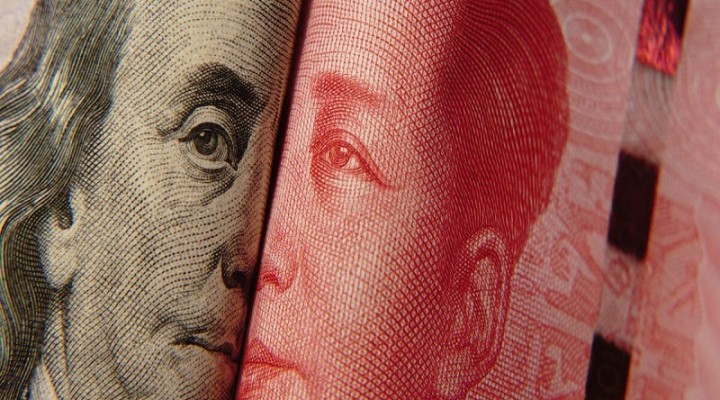US Sanctions Forced Bangladesh To De-Dollarize Its Nuclear Power Plant Deal With Russia

De-dollarization is indisputably the most important financial trend of this century thus far, though its ultimate culmination won’t lead to the yuan replacing the dollar, but complementing its role as the dual reserve currency. Countries are expected to have the choice of using either of them for commodities purchases, while bilateral trade will increasingly rely on national currencies instead of any third party’s, except in those instances where this isn’t mutually beneficial.
US Secretary of the Treasury Janet Yellen candidly admitted in an interview with CNN on Sunday that her country’s anti-Russian sanctions spree could inadvertently accelerate de-dollarization processes, and literally one day later her prediction came true. A Bangladeshi official told the media on Monday that their country will repay the loan that Russia earlier extended them as part of the Rooppur Nuclear Power Plant project in yuan instead of dollars precisely due to the influence of US sanctions.
China’s currency is convenient for facilitating these payments since both countries conduct a lot of trade with the People’s Republic, which is actually the norm across the world because most countries count it as their top trade partner. That being the case, the yuan-driven de-dollarization model pioneered by Bangladesh and Russia as a pragmatic workaround to continue their strategic project in the face of US sanctions could be employed for facilitating Russia’s financial interactions with other countries as well.
Nevertheless, it’s unlikely that Russia will rely solely on that currency in this respect since the use of national currencies is obviously preferrable to employing a third party’s, but bilateral trade with some partners might not have matured to the point where this is mutually beneficial. In those cases, the yuan or perhaps even BRICS’ planned reserve currency could be used instead, but the point is that nobody should expect China’s currency to be the only means that Russia will utilize.
De-dollarization is indisputably the most important financial trend of this century thus far, though its ultimate culmination won’t lead to the yuan replacing the dollar, but complementing its role as the dual reserve currency. Countries are expected to have the choice of using either of them for commodities purchases, while bilateral trade will increasingly rely on national currencies instead of any third party’s, except in those instances where this isn’t mutually beneficial.
On that subject, “The Internationalization Of India’s Rupee Is An Emerging Financial Trend Worth Monitoring” too, especially since that country is poised to become the world’s third largest economy by the end of the decade. It’ll accordingly conduct much more trade with the world by then, which will in turn lead to countries utilizing the rupee more frequently, including Russia with whom such plans are already in progress.
Just like the yuan is presently convenient for facilitating Bangladesh’s loan repayments to Russia, so too might the rupee come to be equally convenient at a future time for these two and many other countries as well, thus giving them even more choice than just the dollar, euro, yuan, or pound. Combined with BRICS’ planned reserve currency and the chance of regional integration organizations like Mercosur one day launching their own currency too, there’ll be a lot more financial diversity in the coming years.
The yuan is definitely pushing this trend forward, but those multipolar processes that were unleashed by Russia’s special operation and everything that came afterwards will ensure that it doesn’t replace the dollar in the sense of assuming a similarly hegemonic role in the evolving world order. This safeguard should instill observers with confidence about the contours of the new financial system that’s being built, which will truly be more democratic, fair, and just for all countries than the fading US-centric one.
 TheAltWorld
TheAltWorld 
0 thoughts on “US Sanctions Forced Bangladesh To De-Dollarize Its Nuclear Power Plant Deal With Russia”